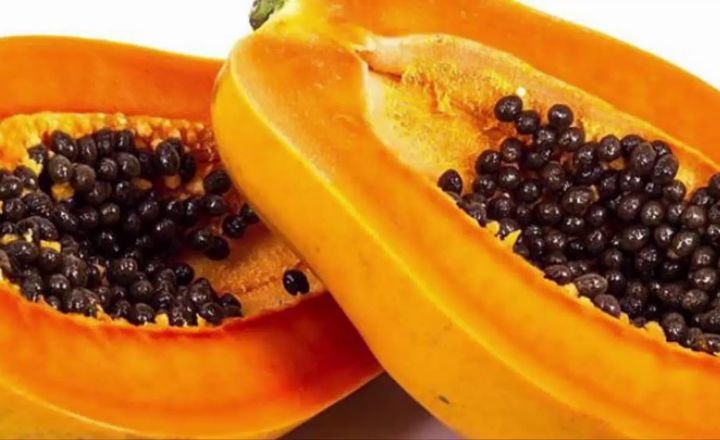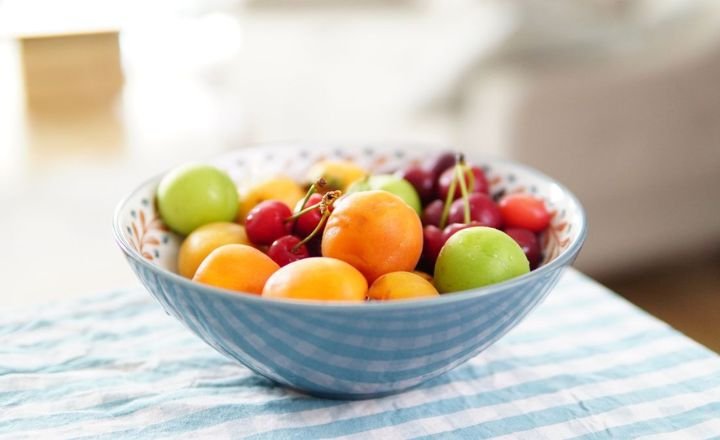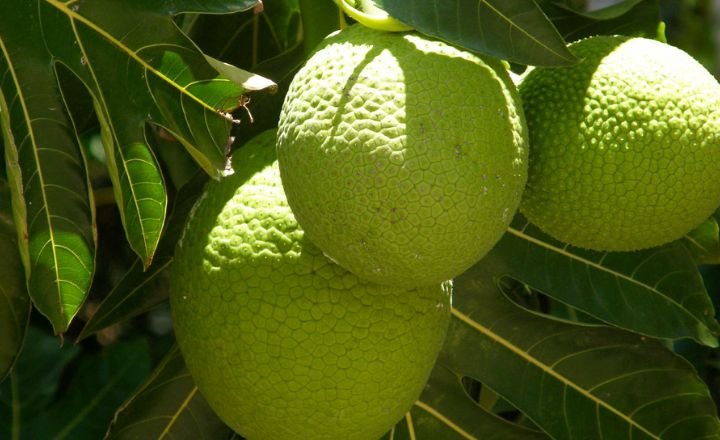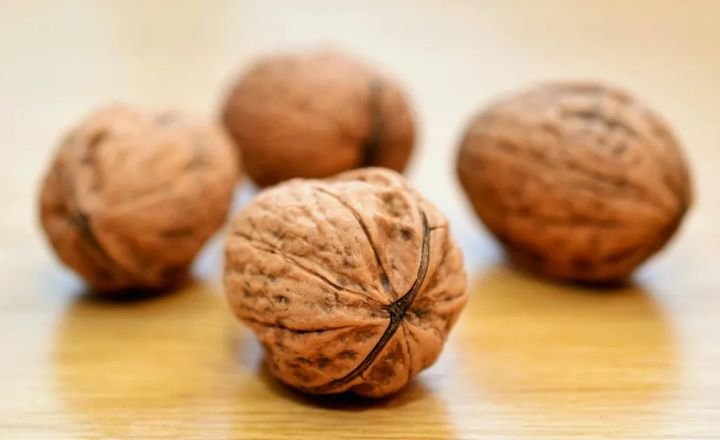You bite into your favorite fruit, so notice that many fruits boast a multitude of seeds, there exists a select group that carries just one gem nestled within its sweet flesh. It plays a significant role in our diet and health and diabetes.
Which fruit has a single seed, not only their unique characteristics but also the profound benefits they offer in combating heart disease. These singularly seeded can provide us with essential nutrients and antioxidants while being surprisingly versatile in culinary applications.
Avocado
Avocados, often celebrated for their creamy texture and versatility, grown in tropical and Mediterranean climates, these unique fruits come in an eye-catching array of shapes from pear to egg. With only 64 calories per serving, they offer a guilt-free indulgence packed with essential nutrients.
Avocados stand out among fruits as they contain healthy fats chiefly oleic acid that contribute to heart health while providing sustained energy. Their rich content of vitamins C, E, K, and B-6 helps bolster the immune system and support overall bodily functions.
Avocados Can Help Fight Against Depression
Rich in omega-3 fatty acids and folate, avocados play an essential role in producing neurotransmitters that regulate mood and promote emotional well-being leading to improved overall mental health and potentially reducing the symptoms of depression.

Avocado Reduces the Risk of Cancer
Avocados are also warriors against cancer. The presence of antioxidants like carotenoids helps neutralize harmful free radicals that can lead to cellular damage. Studies suggest that the phytochemicals found in avocados could inhibit cancer cell growth, particularly in breast and prostate cancers.
Avocado Makes Your Bones Stronger
Avocados contribute significantly to bone health thanks to their high potassium content and healthy fats, which help with calcium absorption, a crucial factor for strong bones. They improve nutrient retention by the body, ensuring you get maximum benefits from other foods consumed alongside them.
Mango
Mango, often revered as the king of fruits, stretches back over 4,000 years. Contain low calories while with essential nutrients vitamins such as A and C, alongside vital B vitamins like niacin and folate. These nutrients support immune function but also enhance skin health.
Mangoes play a crucial role in energy production and iron absorption with its singular core. This delightful one seed fruits serves as a reminder of its unique structure among other fruits; few know that among the many fruits.
Mango can Improve the Health of Skin and Hair
Mangoes, rich in vitamins A, C, and E, can rejuvenate your complexion by promoting collagen production and fighting free radicals that lead to premature aging. This luscious fruit is a natural moisturizer that hydrates the skin from within, leaving it soft, supple, and radiant.
The powerful antioxidants help to prevent dandruff and promote scalp health. Mango’s high vitamin content nourishes hair follicles, leading to improved growth and shine while combating dryness.
Mango Keeps Your Eyes Healthy

Mangoes also play a pivotal role in maintaining eye health. Rich in essential nutrients like vitamin A and carotenoids, particularly beta-carotene, mangoes help protect the eyes from oxidative stress and harmful blue light exposure.
This helps reduce the risk of age-related macular degeneration and promotes overall visual acuity. Mango into your diet can elevate your intake of lutein and zeaxanthin—two antioxidants that naturally accumulate in the retina.
Mango can Boost Your Immunity
Mangoes, nutrients that can significantly enhance your immune system. This1 seed one seed fruits packed with vitamin C, mangoes help to stimulate the production of white blood cells, crucial defenders in our body’s fight against infections..
Mangoes contain beta-carotene and other antioxidants which combat free radicals, further bolstering your body’s defenses. With their vibrant tropical flavor and essential vitamins locked within each succulent slice, indulging in this single-seeded fruit can turn every bite into an act of self-care.
Mango Improves Digestive Health
Packed with dietary fiber, these luscious fruits help promote regular bowel movements and prevent constipation. The unique blend of soluble and insoluble fibers encourages healthy gut bacteria to flourish while keeping your digestive system functioning smoothly.
Mangoes contain enzymes such as amylase that aid in breaking down complex carbohydrates into simpler sugars. there is also some fruit which has no seed and no outer cover but these makes easier to digest but can also provide a natural energy boost.
Mango Promotes Brain Health
Mangoes rich in antioxidants like quercetin and ascorbic acid, help reduce oxidative stress in the brain, lowering the risk of neurodegenerative diseases.. They are loaded with vitamins A and C, which are crucial for maintaining cognitive function and overall mental wellness.
These nutrients work synergistically to support neural communication, keeping our minds sharp and agile.Unique phytochemical profile that promotes neuroprotection help improve memory retention by fostering new connections between neurons.
Mango Helps Reduce the Risk of Cancer
Research shows mangoes’ protective benefits against certain types of cancer. This vibrant fruit is not only a delicious treat but also packed with powerful antioxidants like quercetin, isoquercetin, and the carotenoids beta-carotene and alpha-carotene.
These compounds help neutralize free radicals in the body, reducing oxidative stress—a key contributor to cancer development.High fiber intake is associated with lower risks of colorectal and breast cancers, promoting better digestive health and facilitating detoxification processes.
Nectarine
Nectarines, with their smooth skin and vibrant hues ranging from sunny yellow to deep red, these juicy gems are not just visually appealing; they boast a unique flavor profile that balances sweetness with a subtle tartness.
Nectarines belong to the same species as peaches, making them ideal for exploring variations in fruit breeding. This fruit is its singular seed nestled within its fleshy core unlike many other fruits that contain clusters of seeds or are entirely seedless.

Nectarine helps prevent hypokalemia
Nectarines play a significant role in maintaining potassium levels in the body. Hypokalemia, a condition of abnormally low potassium levels, can lead to weakness, fatigue, and various heart issues. Incorporating nectarines into your diet can act as a natural defense against this health concern.
One medium-sized nectarine contains approximately 200 milligrams of potassium, an impressive contribution towards the recommended daily intake.This single-seed fruit encapsulates essential vitamins and antioxidants that support cellular function.
Nectarine regulates blood pressure
Nectarines regulate blood pressure. Rich in potassium, these juicy gems help relax the walls of heart vessels, promoting improved circulation. It provides a natural source of hydration and nourishment while effectively reducing blood pressure levels.
Potassium content, nectarines are packed with vitamins and antioxidants that further support heart health. The fruit’s high water content aids in flushing out excess sodium from the body; consequently, this diuretic effect assists in lowering blood pressure naturally.
Nectarine lowers cholesterol levels
Rich in potassium, these stone fruits help regulate cholesterol levels by balancing sodium levels in the body. Consuming nectarines regularly can assist in keeping your blood pressure within a healthy range while also acting as a natural remedy to reduce hypertension risk.
Nectarines are an excellent source of dietary fiber with about 2.2 grams of fiber per medium-sized fruit.Recommendations suggest daily intake between 5-10 grams for optimal health, and decrease in LDL cholesterol levels by approximately 5%, fostering overall cardiovascular wellness.
Nectarine prevents anemia
Nectarines packed with vitamin C, enhance iron absorption, making them an excellent choice for individuals looking to bolster their red blood cell production. Consuming nectarines fresh or frozen ensures you receive ample amounts of this crucial vitamin, supporting overall health and vitality.
Cherry
Cherries belong to a group of fruits known for having a single seed or one seeded fruits with unique characteristics that sets them apart from other berry varieties. Cherries with redskins are a wealth of vitamins, minerals, and antioxidants that contribute to increased vitality.
Presence of natural sugars coupled with fiber. This combination helps maintain balanced blood sugar levels. The antioxidant-rich compounds found in cherries have been linked to reduced inflammation and improved recovery times.
Cherries help improve your mood
Cherries, with vibrant color and juicy flavor, play a surprisingly significant role in enhancing our mood and providing a relaxing effect. Loaded with tryptophan a precursor to serotonin, cherries may act as nature’s little happiness boosters.
This neurotransmitter is well-known for its essential role in regulating mood, sleep, and overall emotional well-being.

Cherries help you recover faster after a workout
Cherries, particularly tart cherries, have increasingly become a favorite among athletes and fitness enthusiasts for their recovery benefits. Rich in antioxidants and anti-inflammatory compounds, these little fruits help combat exercise-induced muscle pain and damage.
After an intense workout or marathon run, consuming tart cherry juice or whole cherries can significantly accelerate muscle recovery and mitigate those dreaded soreness symptoms that follow strenuous training.
Cherries reduce symptoms of arthritis and gout
Cherries, ability to alleviate symptoms of arthritis and gout. Rich with antioxidants and anti-inflammatory compounds, these vibrant fruits serve as nature’s remedy. Consuming cherries can lower uric acid levels in the blood, which is a primary culprit behind gout flare-ups.
Regular cherry consumption might help decrease inflammation and oxidative stress in joints, allowing those affected by chronic pain to find some much-needed relief.Cherries help fight against diabetes by crashing in your blood sugar and insulin levels.
Apricot
Fresh apricots, a delightful seasonal treat but also offer a wealth of nutritional benefits that extend beyond their luscious taste. Fruit with one seed packed with vitamins and minerals such as vitamin A, potassium, and antioxidants like beta carotene, lutein, and zeaxanthin, work against free radicals in the body.
- Dried apricot is beneficial for supporting liver function and strengthening bones.
- The hydration factor that is an excellent source of moisture during drier months.
- Motherhood or nurturing their health journey through pregnancy, due to their rich vitamin profile that supports fetal development.
- Helps to maintain youthful skin but also aids in reducing inflammation, giving you that glowing complexion we all strive for.
- Potassium in apricots play a crucial role in heart health by helping to regulate blood pressure levels.
- This nutrient-rich fruit also assists in protecting the liver by supporting natural detoxification processes, enhancing overall liver function.
- Presence of essential vitamins like K and calcium can help strengthen your bones.
Conclusion
Many fruits are known for their multitude of seeds, the single-seed variety holds a unique and fascinating place. From the creamy richness of avocados to the sweet simplicity of peaches, these fruits not only offer delightful flavors.
Understanding Which Fruit Has a Single Seed, these singular seeds can encourage us to explore new culinary possibilities. Single-seeded fruit, not just its taste but also being able to enjoy these special fruits in our daily diets.
